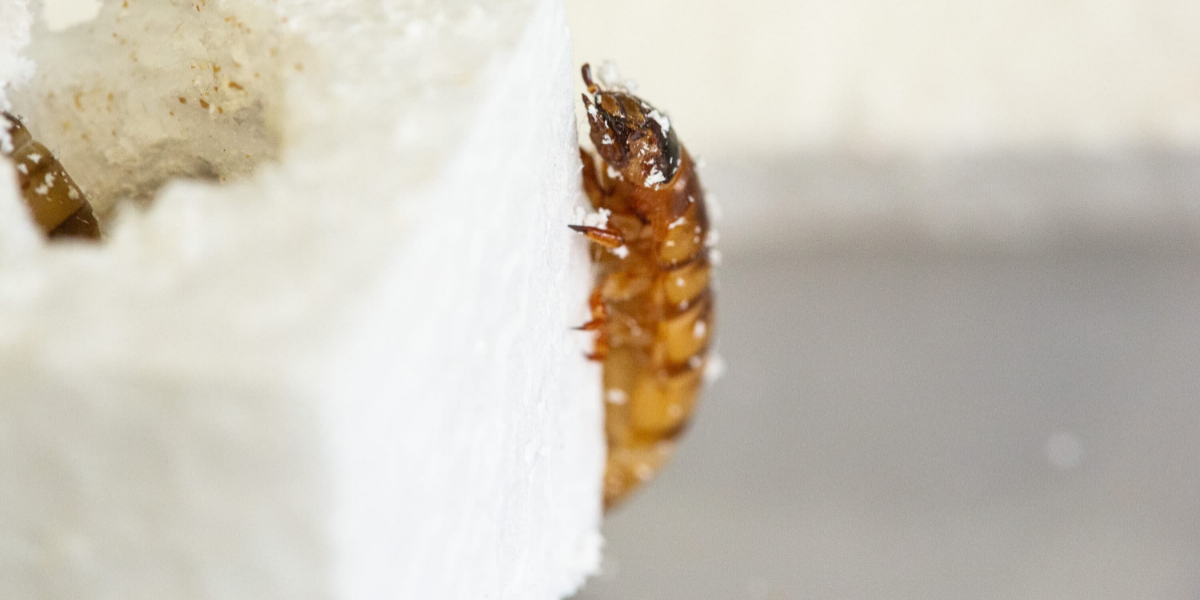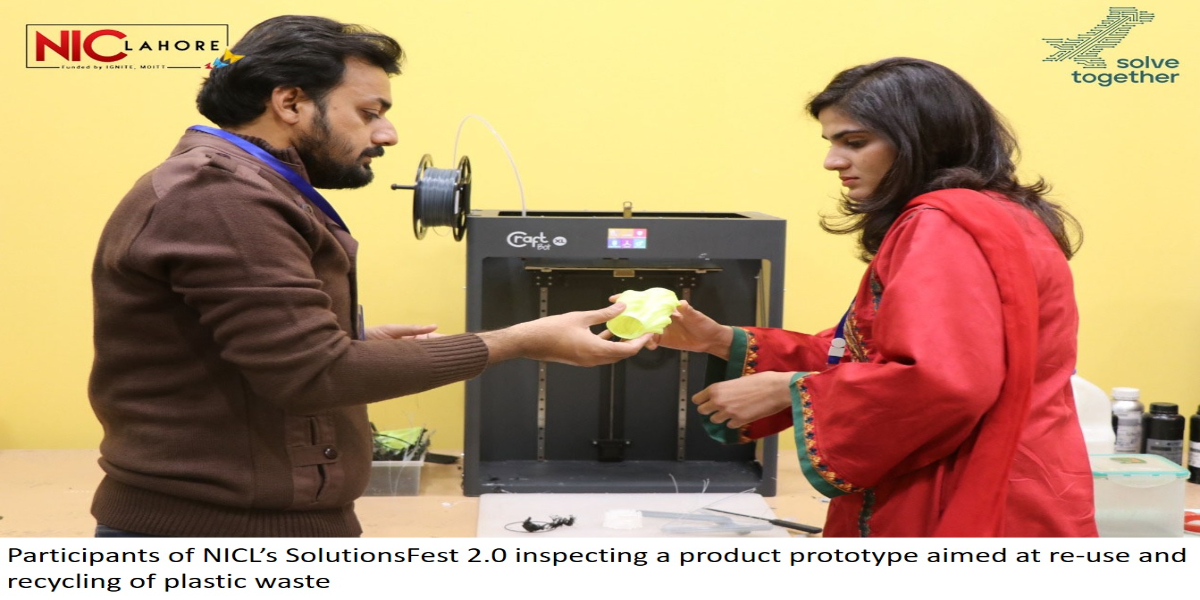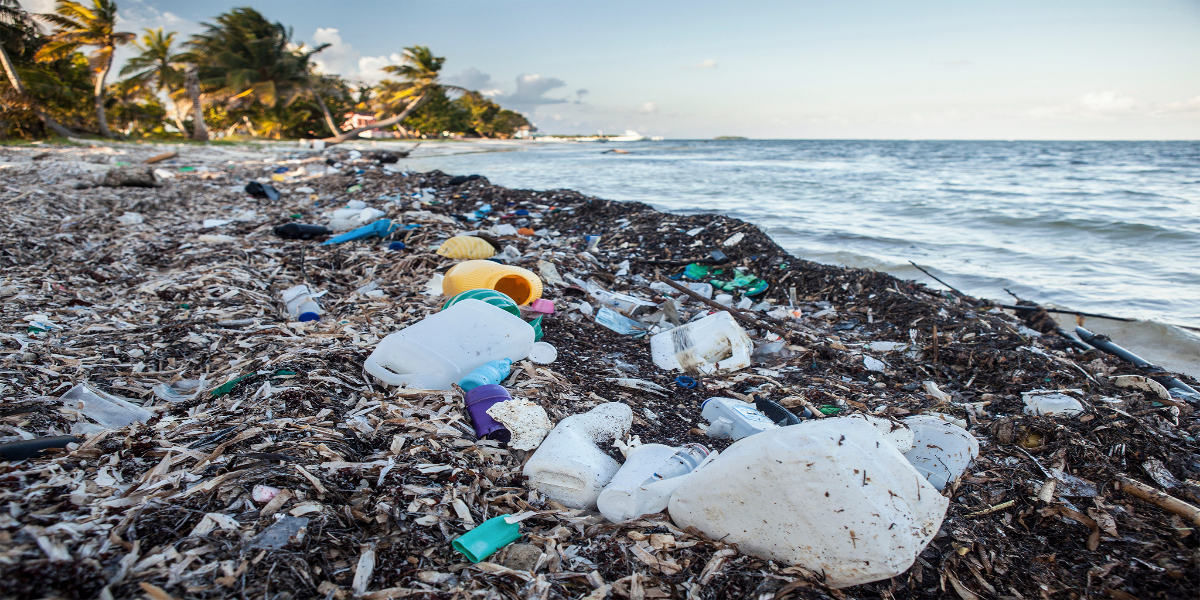Superworms offer hope for recycling
Australian scientists have discovered that Zophabas morio, commonly known as a super worm, can survive on a polystyrene diet. They believe that beetle larvae absorb plastic through intestinal enzymes. This may be important for progress in recycling, says one study author. “ A type of plastic-friendly insect larvae could revolutionize recycling, say researchers. Australian scientists have discovered that Zophabas morio, commonly known as a super worm, can survive on a polystyrene diet. They believe that beetle larvae absorb plastic through intestinal enzymes. This may be important for progress in recycling, says one study author. “Superworms are like little recycling plants … Read more




